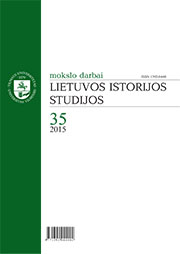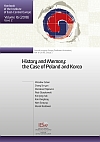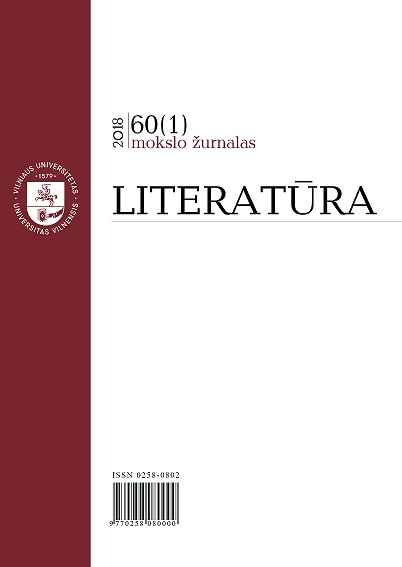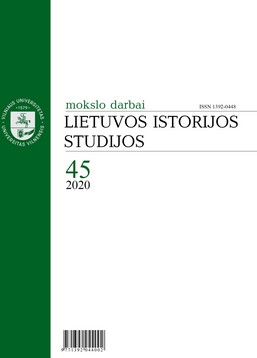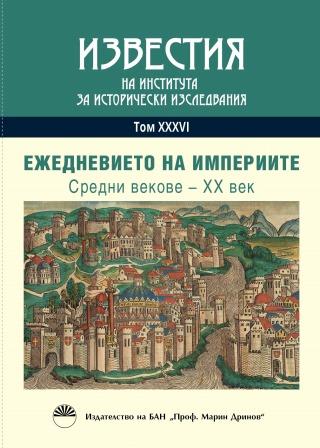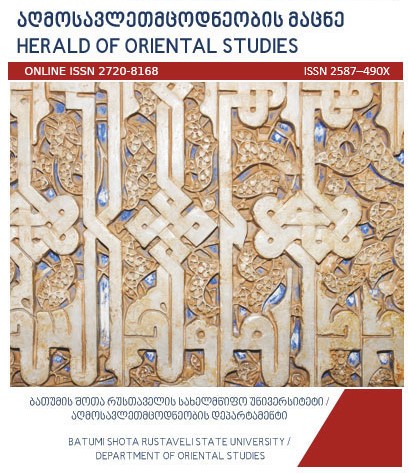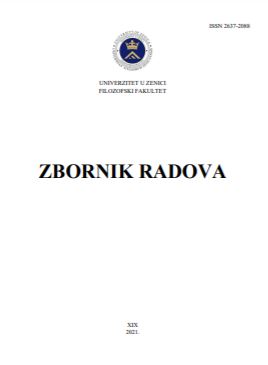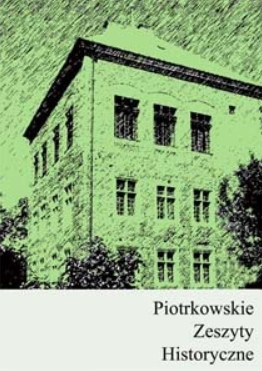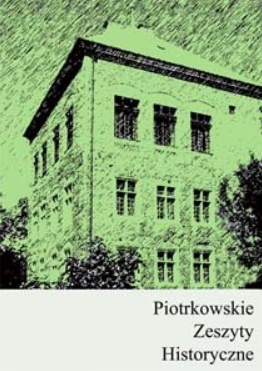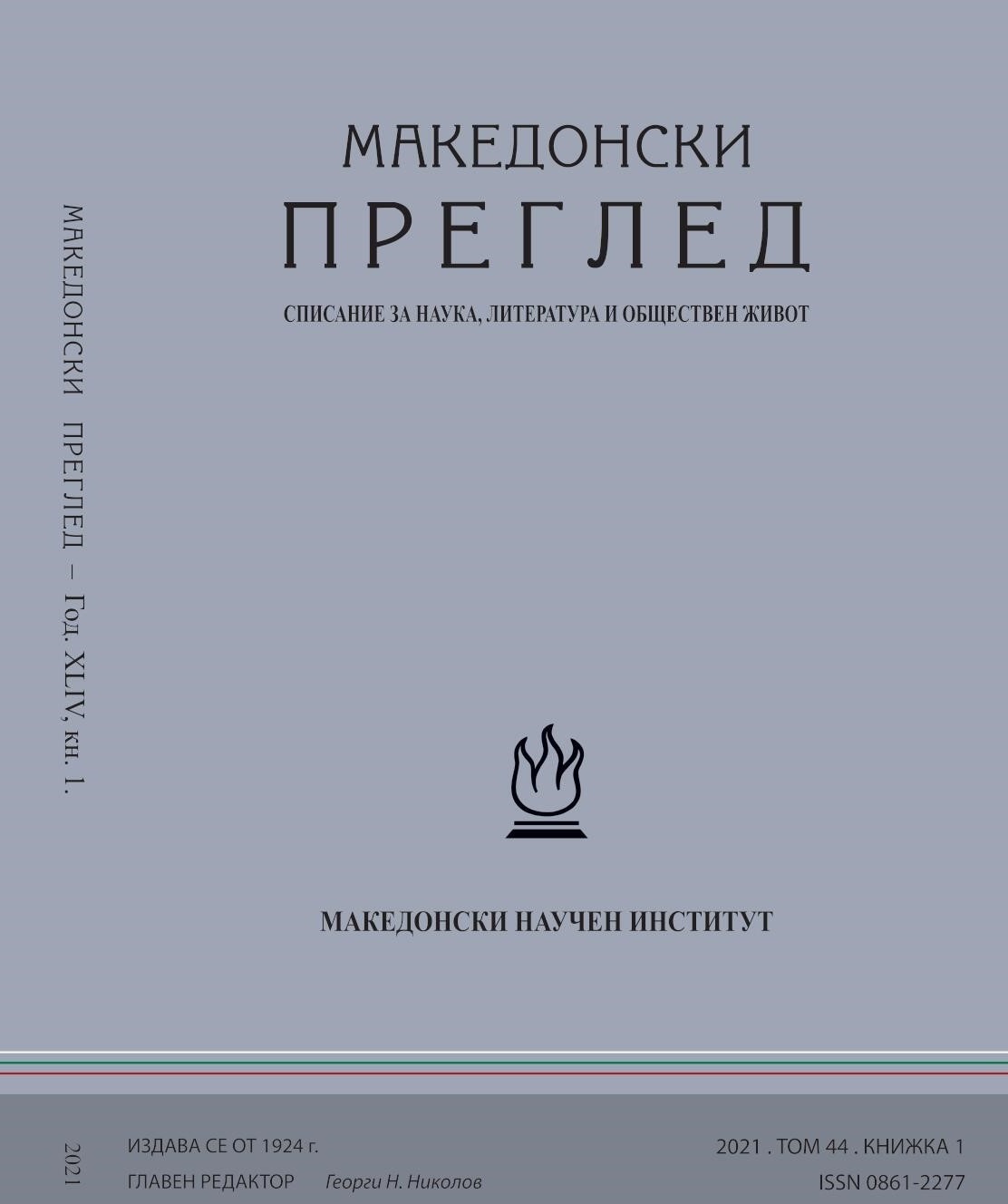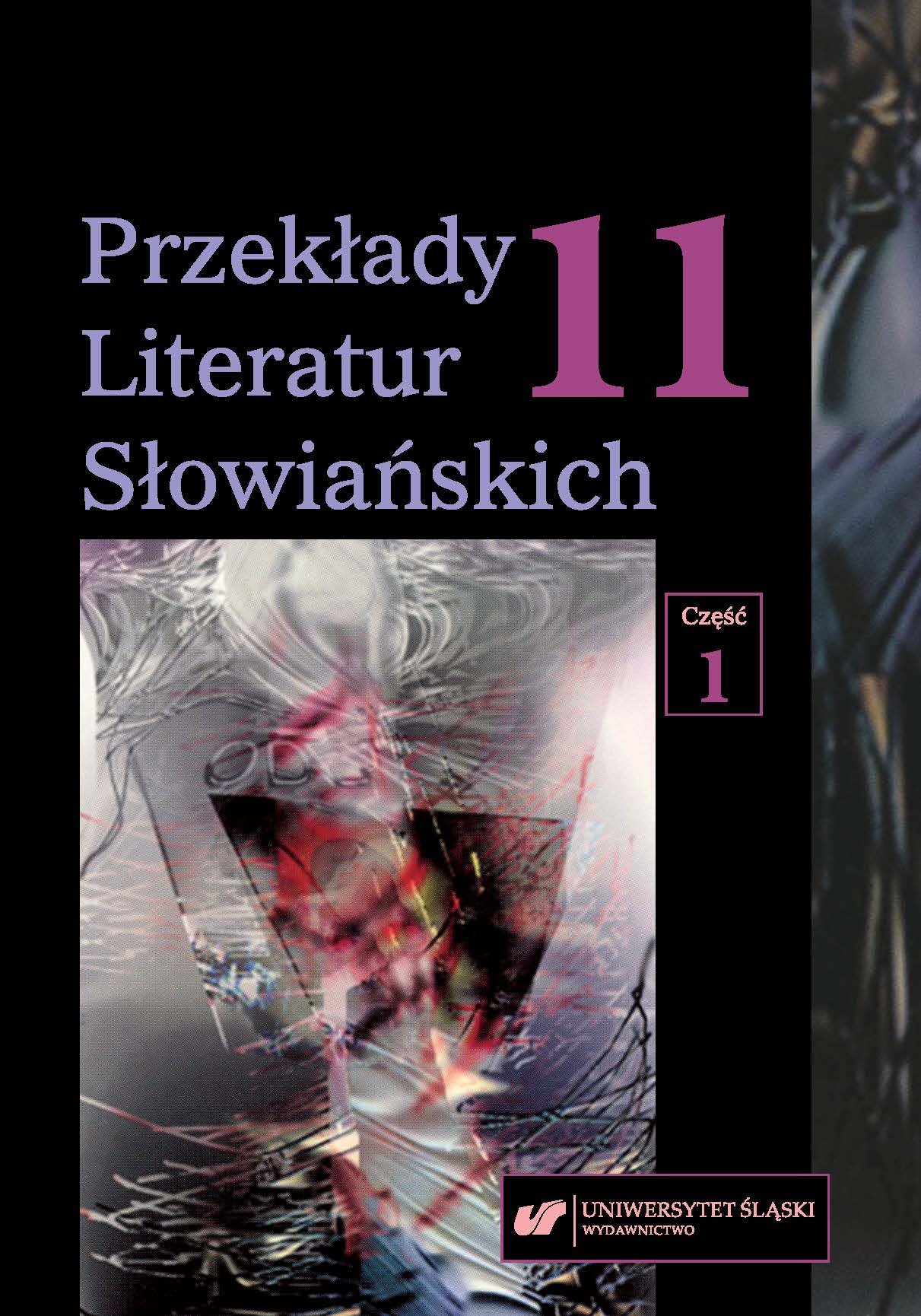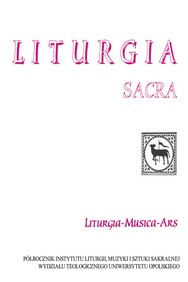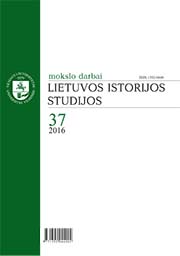
FRIBŪRO UNIVERSITETAS IR LIETUVIŲ VEIKLOS ŠVEICARIJOJE REIKŠMĖ XX AMŽIAUS PRADŽIOJE
The activity of Lithuanian emigres in Switzerland until 1918 still lacks attention of Lithuanian historians. If we wanted to analyse the development of Lithuanian organizations before World War I, we should consider three different aspects, examining them in parallel. Firstly, we ought to analyse the social and cultural environment in which these organisations started their activities. In this case, the context is the environment of the Catholic University in Fribourg, Switzerland. Secondly, we should examine the segments of society, which were the most enthusiastic concerning the actions towards the cultural and political independence of Lithuania. Therefore, we are interested in the high ranking clergy who were studying in Fribourg before and during the World War I. Thirdly, it is very important to highlight the input of each person who had participated in the activities of these organisations and had been leading them to success. In this analysis we have chosen two persons to represent this perspective: Dr. Juozas Purickis and Vladas Daumantas-Dzimidavičius. The University of Fribourg, which was established in 1889 by the Catholic clergy and local authorities, became a popular place to study theology as well as humanities from the very beginning of its operation. The young people from all over Europe gathered in this university to gain knowledge and respond actively to the challenges of modern society. Lithuanians, who belonged to the Western part of Russian Empire back then, also travelled to Fribourg for their studies from the first years of the 20th century. The period of the years 1913–1918 was very intense in the life of Lithuanian student organizations because several of them were established, reorganized and even expanded. The works of these associations were influential not only in local Lithuanian student community, but also in the activities of other Lithuanian organizations and their development. Lithuanian students in Switzerland participated in the endowment of prisoners of war and in the works of pro-Lithuanian press. The young priests, who came in touch with Lithuanian Information Office and its chief dr. Juozas Gabrys,soon joined this organization and began to participate in various Lithuanian and international assemblies. Moreover, Juozas Purickis and Vladas Daumantas distinguished themselves in the creation of symbols of the state and in making projects for future Lithuania’s statehood, which soon became a visible reality.
More...
